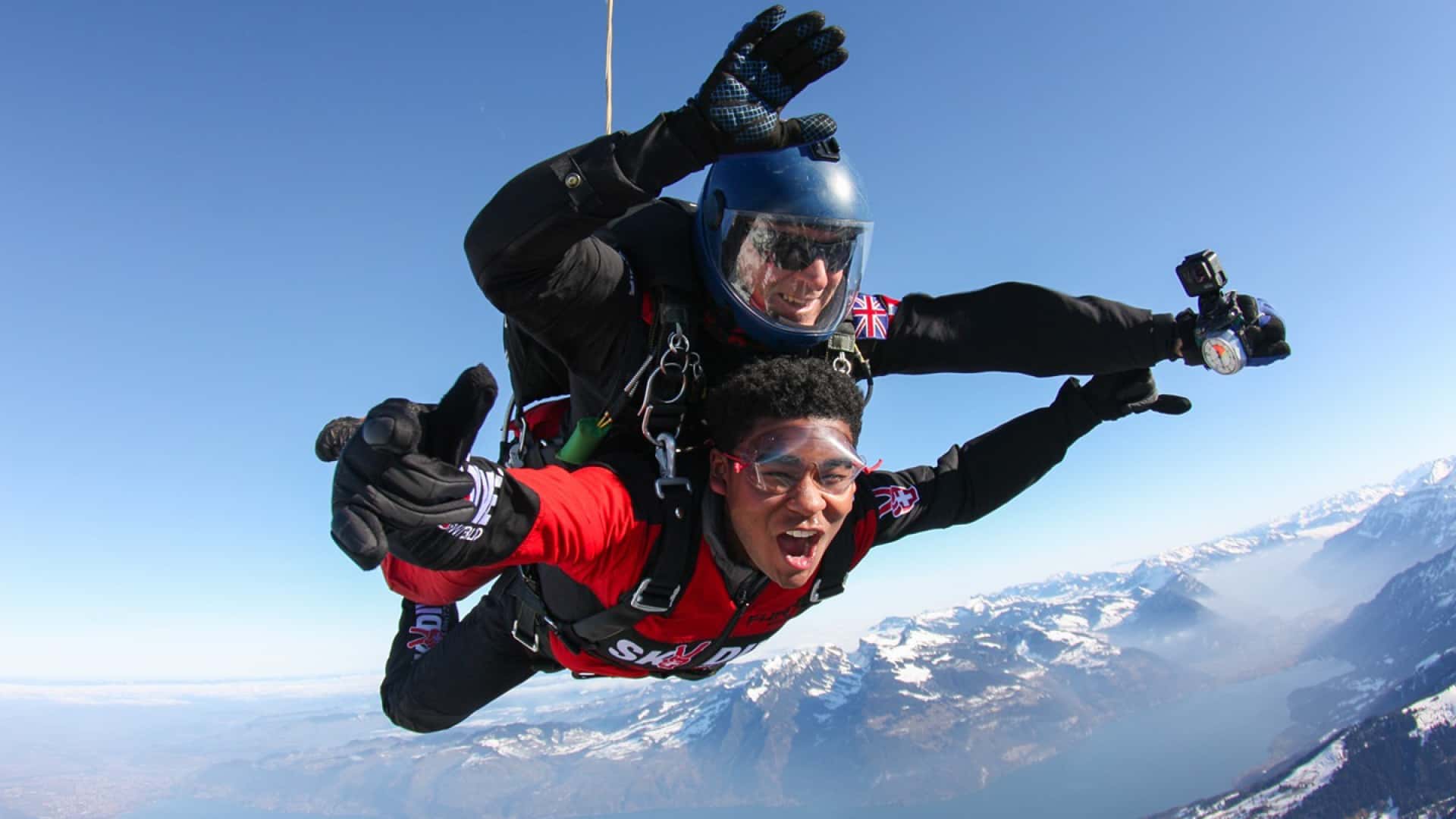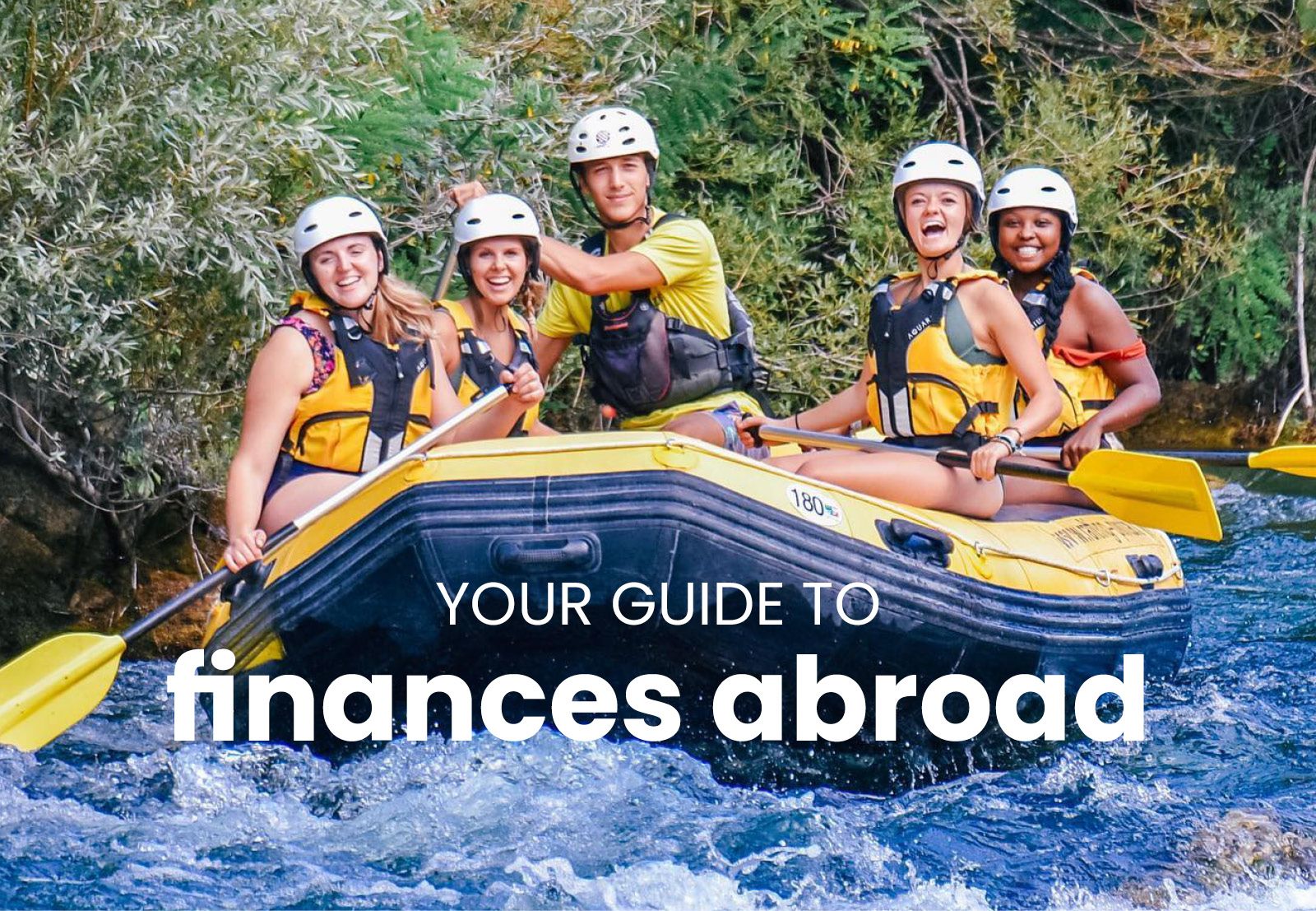During Women’s History Month, we set out to talk to a variety of influential women in travel to ask them to share their experiences related to the travel industry, their personal and professional challenges in the past year, and their predictions for the future for travel. While we originally planned on doing a singular feature, we were so struck by the depth of responses we received that we changed course and decided to do an ongoing series highlighting each woman’s unique perspectives individually well beyond the month of March.
If you’d like to apply to be a featured Woman in Travel or would like to nominate someone to be featured, please email us at [email protected]
Our first featured woman in travel is Charis Tucker. Charis is the founder of Travel Gene LLC, a research and educational development company specializing in Black travel. The organization’s first project, STAMPED: The Study Abroad Podcast, launched during International Education Week in 2019. STAMPED highlights the study abroad experiences of Black students and industry professionals. Charis is also the creator of Black Travel 101, an introductory digital course focusing on Black travel past and present.

In our conversation with Charis, we dive into her personal journey since the beginning of the pandemic as well as her wealth of knowledge around study abroad and travel trends, with a particular focus on people of color. While we would have loved to speak with her and pick her brain all day long, we focused on six key questions that she answered for us below.
1 – How has your company and you responded to the challenges of COVID-19 and the disruption to the travel industry? Have you been able to turn any of the challenges into opportunities?
For me, it hit pretty close to home, at the time I was working as an Assistant Director of International Programs at a small, private university in Virginia in the States. I worked diligently with other folks in our office to get our students back home and to reclaim our students who were abroad. It was unlike anything I’d ever experienced before in my life. But fortunately, our staff was amazing, we like to say we’re small but mighty, and everybody worked together so all of our students were safe and sound and could return home.
Personally, in the midst of that towards the end of the school year, I actually ended up getting furloughed—probably like a number of our colleagues— so it was really a time to kind of reset. I used the time to refocus on my company that I had been building along on the side, and recommitted to the podcast STAMPED, and made efforts to keep that going. It’s blossomed really nicely!
At the beginning of the school year, I was accepted to a full-time PhD program and so I’m soon to be wrapping up the first year of that PhD program. My PhD is in hospitality and tourism management at Virginia Tech University, primarily my broad area of interest relates to black travel; the history of it, entrepreneurship, and social media are all things I’m connecting to this topic. I’m really excited! Typically it’s about a four-year program. The first two years are coursework and research and then the last two are research-focused.
2 – What are you learning and hoping to uncover through your research?
It’s something that has been a continuation from my master’s degree, which was the main focus of my thesis and master’s program, “What are these lived experiences of black travelers?” I’d previously been in an organization and stories of different members, and stories of a lack of travel growing up and in turn how travel became an important part of their lives now. Those stories were so impactful to me because they were so different from my experience growing up. My family always took a family trip or we would travel through athletic teams, so I wanted to investigate it. It turns out that there is a small, but growing interest in that area.
So, in this time period of COVID, these different social movements that have happened over the summer and have carried on, have really kind of elevated this conversation both in the broad tourism spectrum, but also in study abroad and international education as well. It really allowed us to see that these experiences aren’t necessarily exclusive to the US, that these are typical experiences of people of color across the globe. When you take into account, just the act of travel and the natural movement of people and how that impacts them, and then on the study abroad side, what is that experience like for students coming to America and us sending students abroad? In one respect it’s really offered us the opportunity to have these conversations that were happening before, but now it’s more intentional and people are trying to figure out how to create movement, changes, and policies so that we can rebuild in a more equitable way. What are the gaps and why are they occuring? Where do they occur? Those types of conversations are coming up a lot more.
3 – What do you envision for the future of travel? When do you think people will begin to internationally travel again and what will that look like?
There is certainly a population of people that have continued to engage in international travel, whether that be for business or leisure. I think we’ve seen that in certain online groups or communities that people still have been traveling, putting different safety precautions in place compared to pre-COVID. We still have seen movement broadly; in terms of US travel, we saw a shift to really re-engage our local communities. Destination marketing organizations are now shifting that message to reflect one that is ‘explore your backyard.’ Instead of sending those messages out, more so disseminating them throughout their own communities, which I think is a nice refocus! I think in the US there are still some sentiments that people will travel within about a 90-mile radius or so, a local weekend getaway. Travel will certainly bounce back, people who are travelers are itching to go if they haven’t been already. Definitely, by 2022, I would think.
I’ve seen some movement within study abroad that seems to indicate that there are some pilots of movement going on this summer, which will hopefully bode well for a successful fall. If not, definitely Spring 2022!
4 – Any predictions you have for destinations that will have an increased interest in the post-COVID world?
Well, it could just be ease of access from certain points in the states, but Mexico, and Tulum specifically, have been off the charts popular! I think it was budding in Summer 2019, but Tulum has definitely taken off and people are always posting pictures from there. I think it really gives way to the power of social media and what that does in terms of certain groups, it kind of follows these trends — places like Seychelles for instance.
I’d be interested to see if there is continued interest in Africa and specifically for black travelers, the past year was really ‘the year of the return’ so that was a huge elevation in terms of roots tourism and going back to the continent. And I want to note that it’s an effort many people in study abroad, specifically people who work at HBCUs (Historically Black College and Universities) are trying to diversify the market in terms of where our students choose to go, and that applies to all students. There is an emphasis around how we can build this bridge to places that aren’t your typical top five destinations. So, that’s one I’m keeping an eye out for.
Given safety issues with COVID, people will be more attune to what infrastructure is like in certain countries, medical care, etc.
5 – For people who are planning to travel in 2021 and beyond, do you have any recommendations?
Safety is paramount, I think it’s always been, but now people maybe will pause and take extra precaution. Whether that’s leaving notification about their itinerary with someone in the US or being more in tune with what is going on in the countries in which they hope to travel. I think having that awareness was really key because COVID shut down borders and there was maybe an hour’s difference between coming home and having to stay in another country. Those safety aspects, whether it be an app or in social media groups, will be really important to stay connected. I hope that through these conversations, that we see a new commitment to the communities that we’re traveling to and thinking about what our presence in those communities may meanwhile we’re there and long after we’re gone.
6 – What is your biggest takeaway from the past year?
The quote “the only thing constant is change” comes to mind and to be open to that change. Change really can allow for amazing opportunities for growth, which it has for me.


